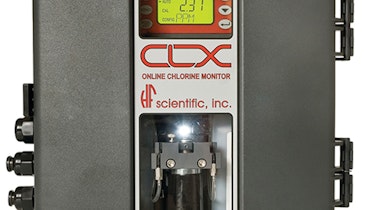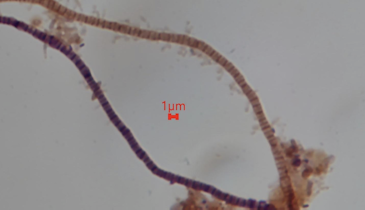
Danny Locco inside the Woodward Avenue Wastewater Treatment Facility pump station, with a bank of six high-lift Goulds pumps, Model 3498, with 24,000 gpm capacity, each powered by a 1,900 hp TECO-Westinghouse 4,160 V motor.
Danny Locco is a man of many talents. His diverse training, education and varied positions in the water treatment industry make him valuable — a manager who can go wherever he is needed and excel.
After college he did not envision himself in a water career. But after applying for...








